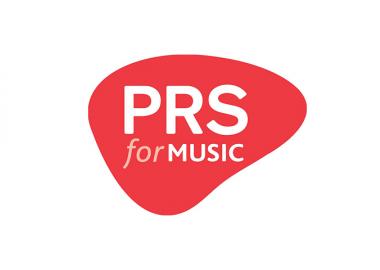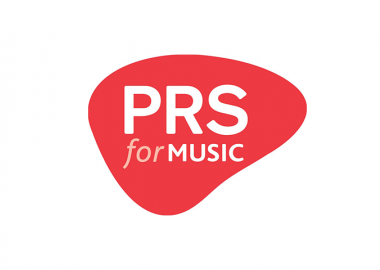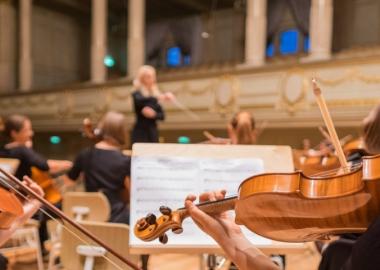If your group performs music in public, you may need a PRS for Music licence to comply with copyright law. PRS for Music ensures that composers and publishers receive royalties when their music is played or performed.
For amateur and leisure-time music groups, understanding when a PRS licence is required can help avoid unexpected costs or legal issues.
When do leisure-time music groups need a PRS licence?
Your group will likely need a PRS for Music licence if you perform copyrighted music in public. This includes:
- Concerts, gigs and ticketed performances
- Rehearsals in public venues
What counts as a public performance?
A performance is considered public if it takes place outside a private setting (e.g. a home). Even if the audience consists of friends, family, or members of your group, it may still require a licence if held in a public space.
However, many venues already hold a PRS licence, meaning the fee is covered. Always check with your venue to see if they have one in place.
Types of music that require a PRS licence
PRS for Music covers a wide range of copyrighted music, including:
- Classical music
- Popular music (pop, rock, jazz, folk, etc.)
- Contemporary compositions
- Arrangements of existing works
If your performance is exclusively music that is in the public domain (e.g. works by long-deceased composers where copyright has expired), no PRS fee is required.
Common exemptions & misunderstandings
Some groups assume they don’t need a PRS licence when they actually do. Here are some common misconceptions:
- 'We’re an amateur group, so we don’t need a licence.'
- Even amateur groups need a PRS licence if performing copyrighted music in public. However, some groups qualify for discounted PRS rates.
- 'We’re not making a profit, so we don’t have to pay.'
- PRS fees are based on public performance, not profit. Even charity concerts and free events may require a licence.
- Exemption: Performing only public domain music
- If your entire programme consists of music that is out of copyright, no PRS licence is needed.
- Exemption: Private performances
- Performances held in private homes (e.g. rehearsals, house concerts) generally do not require a PRS licence.
What happens if you don’t have a PRS licence?
If you perform copyrighted music without the correct licence, your group or venue could face:
- Legal action – PRS for Music has the right to enforce copyright rules.
- Fines or penalties – You may be required to pay backdated fees.
- Event disruption – Unlicensed performances may be cancelled or prevented from going ahead.
Need help with PRS licensing?
Understanding PRS rules can be complex, but Making Music is here to help. We provide guidance on licensing, fee discounts, and performance reporting.
Visit our PRS overview page for more details, or contact us for expert advice.
Further information
- PRS licence cost
- How to pay PRS (available to Making Music members)
We hope you find this Making Music resource useful. If you have any comments or suggestions about the guidance please contact us. Whilst every effort is made to ensure that the content of this guidance is accurate and up to date, Making Music do not warrant, nor accept any liability or responsibility for the completeness or accuracy of the content, or for any loss which may arise from reliance on the information contained in it.








